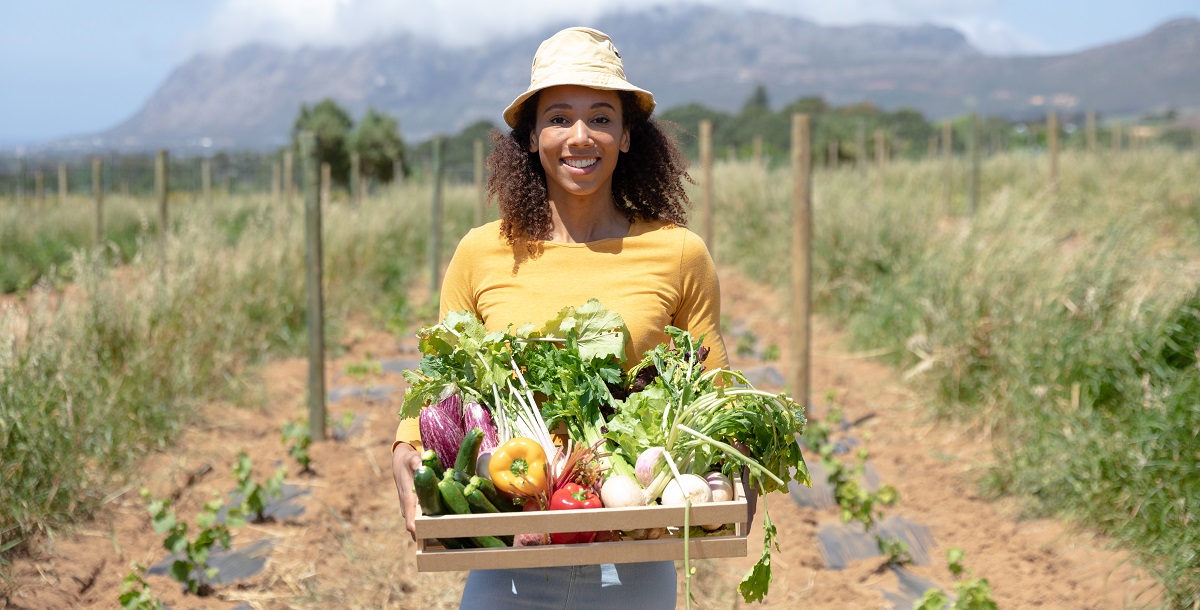Coronavirus Lockdown Putting Crops at Risk
April 18, 2020
Honey bees are unable to get to crops for pollination due to new coronavirus restrictions. Read more...
The coronavirus lockdown is about to have a major impact on the agricultural world and there is little that can be done about it save the re-opening of the economy. The problem right now is that many beekeepers are not only blocked from getting to their hives, but they are also unable to move their hives to areas where the honey bees are needed for pollination.
Travel Restrictions Killing Agriculture
Because many states have restricted travel policies for people coming in from other states, many beekeepers are unable to personally transport their hives. Additionally, with airline travel being cut back significantly, queen bees are not being flown to different parts of the country to start new hives. Per an earlier report that we did, queens are usually required to be temperature controlled, so they have to be flown commercially, something that is almost impossible for beekeepers to do right now.
Norberto Garcia, a member of The International Federation of Beekeepers, stated, “A third of our food depends on the pollination by bees. The production of those crops could be affected.” As we reported this week, honey bees are responsible for pollinating about $15 billion of crops every year, so you can imagine how devasting it will be to both the economy, food supplies, and the agricultural world if this problem continues.
Quarantining Restrictions
For those beekeepers that can travel, the mandatory quarantines in most states are also problematic. Many states now have a mandatory 14-day quarantine requirement, meaning the beekeepers are unable to do anything for the first two weeks they are in another state with their bees. Not only has it put them behind schedule, but it is also creating significant overhead for beekeepers in lodging and food costs. Kelvin Adee, one of the larger beekeepers in the United States (he has 75,000 hives) is experiencing this very problem. He stated, “We’re behind [schedule] and it’s going to be a real challenge.”
There is also the continued problem of beekeepers not being able to get to their bees due to lockdowns. If people are not permitted to travel, they cannot get to their hives to maintain them. If they were unable to set the bees up for a prolonged absence before the lockdown, their hives may already be weeks without nourishment (during the winter, managed hives rely on beekeepers to provide nourishment in the form of protein cakes and sugar water).
We have yet to even hear our representatives in D. C. discuss this problem, but it is going to become a reality very soon unless something is done to address this very serious issue that is becoming direr by the day.
Source: Financial Times, Photo By Wavebreakmedia


.jpg)




